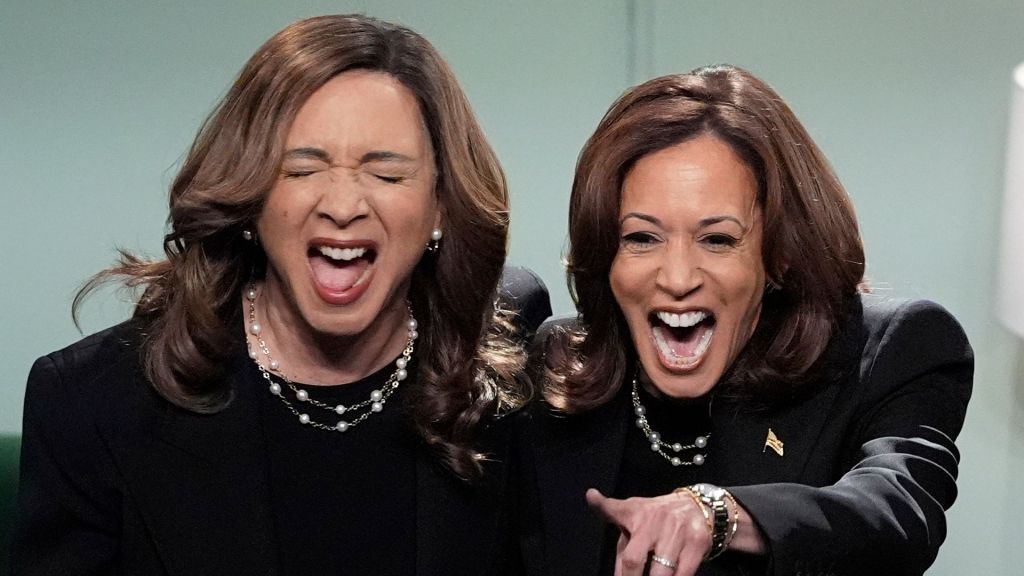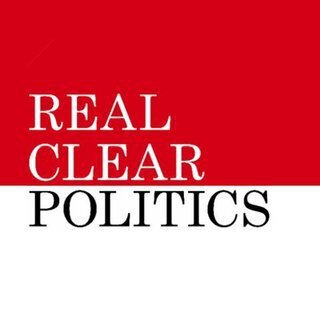NBC has filed a notice with the Federal Communications Commission after Vice President Kamala Harris’ brief appearance on “Saturday Night Live” over the weekend of Nov. 2. The network provided former President Donald Trump with airtime to ensure compliance with the FCC’s equal time rule, which requires broadcasters to offer equal access to competing political candidates.
The rule dates back to the Communications Act of 1934, originally designed to ensure fairness and balanced coverage on broadcast airwaves. It requires that if a candidate is given airtime on a broadcast station, other qualified candidates must also be given equivalent opportunities.
Although there are exceptions to the rule, like appearances in news programs, interviews, or documentaries, entertainment programs can still trigger the rule.

Harris’s appearance on “SNL” was brief, clocking in at just one minute and 30 seconds. She joined comedian Maya Rudolph in a skit where Rudolph portrayed Harris, a role she has played several times on “SNL” ahead of elections.
However, FCC Commissioner Brendan Carr, a Trump-appointed senior Republican, quickly raised concerns on social media, calling it “a clear and blatant effort to evade the FCC’s Equal Time rule.”

NBC responded by airing Trump’s message to viewers during the NASCAR 2024 Cup playoffs on Sunday, granting him airtime to balance Harris’ cameo.
Carr later appeared on Fox News, urging the FCC to take “every single option” into account if violations are confirmed, emphasizing the need for impartiality across the board.
The equal time rule, while still enforced on broadcast stations, does not apply to cable networks, podcasts, social media or streaming services.
With more people turning to digital platforms for news and entertainment, the rule faces challenges in keeping pace with changing media consumption habits.
Critics argue this could limit its effectiveness and relevance, raising questions about its future in a digital-dominated world.





























